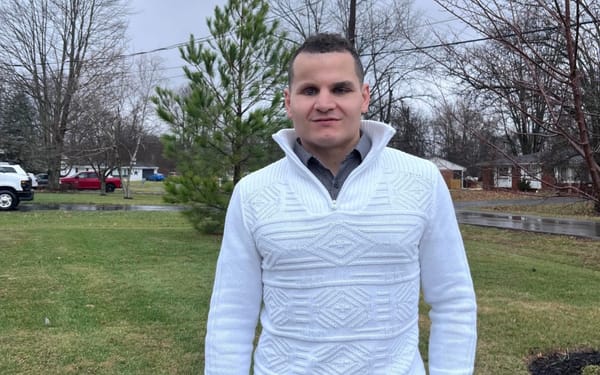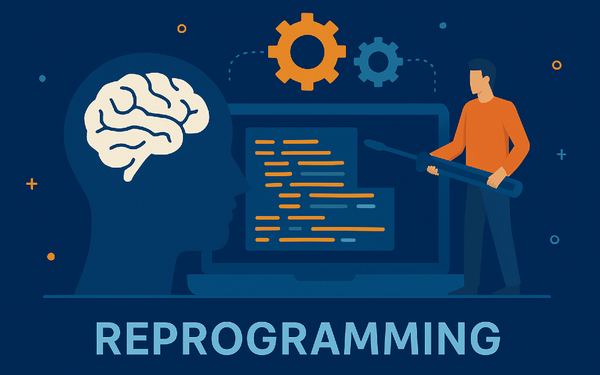How Are You Spending Your Four Hours and Eleven Minutes
Are you as a careful about what you put into your mind as you are about what you put into your body?

It wasn’t until I stepped away from full-time ministry that I gained a better perspective on how everyday Christians think. When I was a pastor, I pictured the local church as a hub from which everyone in my congregation operated. This meant I thought people in my church thought way more about church than they actually thought!
But for the past five years, I’ve served as a ghostwriter for business CEOs, and I’ve come to realize just how little many American and Canadian Christians actually think about their local church during the week (something that isn’t true in many other cultures). Their lives are full of family, work, and hobbies, and their kingdom focus often stretches far beyond one congregation.
In some respects, I’ve found everyday Christians are often more kingdom-minded than those in full-time Christian ministry. They find it easier to think in terms of “community” rather than individual church location because their paycheck and livelihood aren’t tethered to one particular church community.
Of course, the downside is that this has also produced a generation of “church floaters”—people who drift from one church community to the next, never really engage, and avoid any situations where their character can be challenged in a meaningful church community.
Why Do I Bring This Up?
It’s because, as Christians, we need to take an honest look at how our minds are being shaped. Historically, a believer’s thought process was primarily shaped by a local church community. The pastor, the Sunday school teacher, or the small group leader had more influence. People were formed, as Pastor Nik Schatz writes,
As they met in each other’s homes they were devoted to one another (Rom. 12:1). This means they accepted each other (Rom. 15:7), were patient with each other (Eph. 4:2), honored each other (Rom. 12:10), forgave each other (Eph. 4:32), instructed each other (Rom. 15:14), carried each other’s burdens (Gal. 6:2), encouraged each other (1 Thess. 4:18), prayed for each other (James 5:16), confessed sin with each other (James 5:16), and spurred each other towards love and good deeds (Heb. 10:24).
Today, as a Christian, you have so many options of ways you can shape your mind. You can open your smartphone and listen to any communicator of your choosing. Want a strong gospel-based sermon? Listen to Tim Keller. Looking for some practical insight into the ins and outs of Scripture? Listen to The Bible Project. Want a bit more nuance on complicated issues? Listen to N.T. Wright.
The opportunity for mind transformation has never been greater. Still, I’d argue the abundance of choices has done more to muddy the waters than it’s produced mature believers. Too many choices, even if they’re good, sometimes mean our minds are pulled in a million different directions, and we neglect the very thing that gives us life—contemplative time in God’s Word.
How Are You Spending Your 4 Hours and 11 Minutes?
According to Edison Research, in 2023, “listeners in the U.S. spend an average of four hours and 11 minutes per day consuming audio content.”[1] Maybe you don’t count yourself as part of this statistic, but chances are you're in the ballpark.





